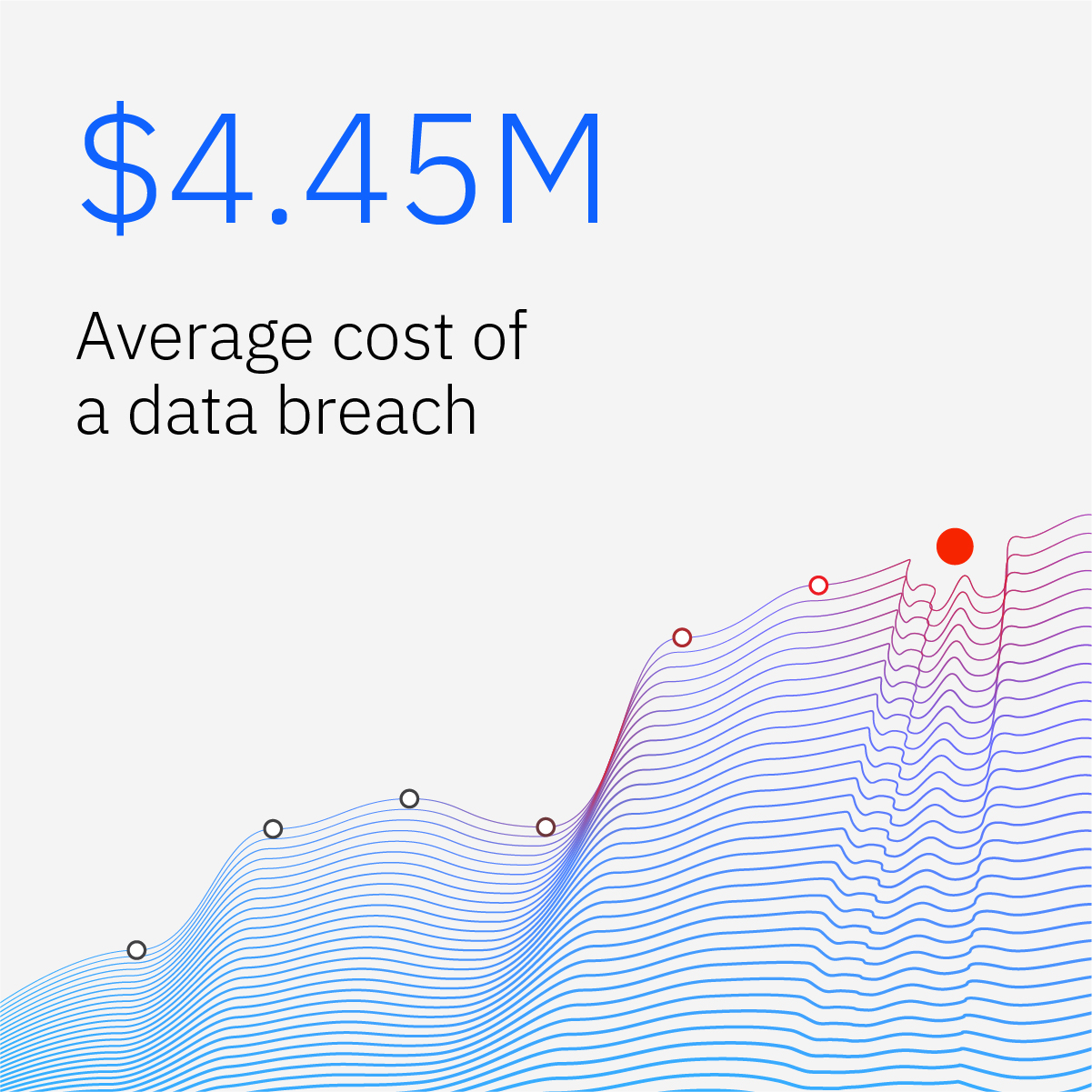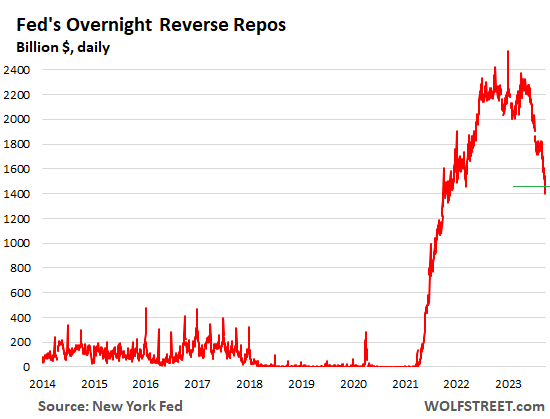Google's AI Training: Data Usage Even After Opting Out

Table of Contents
Google's Data Collection Practices and AI Training
Google's vast data empire fuels its powerful AI algorithms. This data collection spans numerous services: your search queries, location history, Gmail communications, YouTube viewing habits, and activity on other Google platforms. This massive dataset is the lifeblood of Google's machine learning models, powering everything from personalized search results and targeted advertising to advanced features in Google Assistant and other AI-driven products.
- Benefits of AI Training: The benefits of using this data are undeniable. AI training leads to improved search results, more relevant recommendations, and personalized experiences tailored to individual users. This creates a more efficient and user-friendly experience across Google's ecosystem.
- Ethical Implications: However, the ethical implications are significant. The use of user data for AI training, even with opt-out options, raises concerns about informed consent and the potential for exploitation. Is implicit consent enough when dealing with such sensitive data? Many argue for explicit, ongoing consent for this type of data use.
- Potential for Bias: Another crucial concern is the potential for bias. AI models are only as good as the data they are trained on. If the dataset reflects existing societal biases, the AI model will likely perpetuate and even amplify those biases, leading to unfair or discriminatory outcomes. Addressing this bias is a major challenge in the field of AI ethics.
Opting Out: Limitations and Effectiveness
Google provides users with various options to control their data, including settings to manage location history, web and app activity, and personalized ads. However, the effectiveness of these opt-out mechanisms is debatable. Even after opting out, Google may still retain and utilize your data in anonymized or aggregated forms for AI training purposes.
- Data Anonymization and Aggregation: Google's privacy policy often cites anonymization and aggregation techniques. This involves removing personally identifiable information before using the data. However, the effectiveness of these techniques in fully protecting user privacy is questioned by many privacy advocates. The possibility of re-identification remains a concern, especially with sophisticated data analysis techniques.
- Complete Data Removal: Completely removing your data from Google's vast systems is practically impossible. The sheer scale and complexity of their infrastructure make it extremely difficult, if not impossible, to ensure the complete deletion of all traces of your data.
- Data Retention Policies: Understanding Google's data retention policies is vital. Even after opting out, some data may be retained for extended periods, potentially contributing to AI training datasets for years.
The Legal Landscape and Regulatory Scrutiny
The legal landscape surrounding AI training data usage is evolving rapidly. Regulations like the GDPR (General Data Protection Regulation) in Europe and the CCPA (California Consumer Privacy Act) in the US aim to provide users with more control over their personal data. However, the application of these regulations to AI training data is complex and still being defined.
- Enforcement of Existing Regulations: The enforcement of existing privacy regulations regarding AI training data is a significant challenge. Determining whether anonymized or aggregated data falls under the scope of these regulations is an ongoing legal debate.
- Future Regulations: We can expect to see more specific regulations targeting AI data usage in the future. Lawmakers are actively working on legislation aimed at addressing the unique privacy challenges posed by AI.
- Role of Data Protection Authorities: Data protection authorities worldwide play a crucial role in overseeing Google's data practices and investigating complaints related to AI training data usage.
Transparency and User Awareness
Google's transparency regarding its AI training data usage is a crucial aspect of the debate. While Google publishes privacy policies, these are often lengthy, complex, and difficult for the average user to understand.
- Effectiveness of Google's Communication: Google's communication around its data policies needs improvement. Simpler, more accessible explanations of their practices are essential for fostering user trust and understanding.
- Improving User Understanding: Clearer and more concise information about how data is used for AI training is crucial. Providing easily digestible visual aids or interactive tools could significantly enhance user comprehension.
- Explaining Complex AI Processes: The technical complexity of AI processes often hinders user understanding. Making these processes more accessible through plain language explanations and simplified visuals would be a step towards greater transparency.
Conclusion
This article explored the complexities of Google's AI training and its continued data usage even after users opt out. We've examined the limitations of current opt-out mechanisms and the ongoing legal and ethical debates surrounding these practices. Understanding Google's data policies is crucial for protecting your privacy in the age of AI.
Call to Action: Stay informed about Google’s updates to its privacy policies and actively manage your data settings to minimize the use of your information for AI training. Remain vigilant and continue to advocate for greater transparency and control over your data used in Google's AI training. Learn more about protecting your privacy and understanding Google's AI training data usage today!

Featured Posts
-
 Chat Gpt Maker Open Ai Faces Ftc Investigation A Deep Dive
May 05, 2025
Chat Gpt Maker Open Ai Faces Ftc Investigation A Deep Dive
May 05, 2025 -
 Blue Origin Rocket Launch Cancelled Subsystem Malfunction
May 05, 2025
Blue Origin Rocket Launch Cancelled Subsystem Malfunction
May 05, 2025 -
 Millions In Losses Fbi Probes Executive Office365 Data Breach
May 05, 2025
Millions In Losses Fbi Probes Executive Office365 Data Breach
May 05, 2025 -
 Analysis Andrew Cuomos 3 Million In Undisclosed Nuclear Startup Investments
May 05, 2025
Analysis Andrew Cuomos 3 Million In Undisclosed Nuclear Startup Investments
May 05, 2025 -
 Formula Ones Global Domination Stefano Domenicalis Strategic Vision
May 05, 2025
Formula Ones Global Domination Stefano Domenicalis Strategic Vision
May 05, 2025
Latest Posts
-
 Uk Economy Carneys Plan For A Generational Restructuring
May 05, 2025
Uk Economy Carneys Plan For A Generational Restructuring
May 05, 2025 -
 Mark Carneys White House Meeting With Trump What To Expect
May 05, 2025
Mark Carneys White House Meeting With Trump What To Expect
May 05, 2025 -
 First Press Conference Carneys Vision For Economic Transformation
May 05, 2025
First Press Conference Carneys Vision For Economic Transformation
May 05, 2025 -
 Gold Price Dips First Consecutive Weekly Losses Of 2025
May 05, 2025
Gold Price Dips First Consecutive Weekly Losses Of 2025
May 05, 2025 -
 Aritzia And The Trump Tariffs How The Brand Is Adapting
May 05, 2025
Aritzia And The Trump Tariffs How The Brand Is Adapting
May 05, 2025
